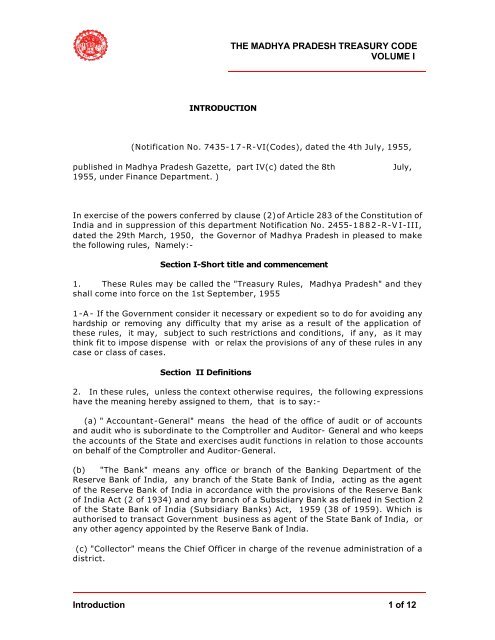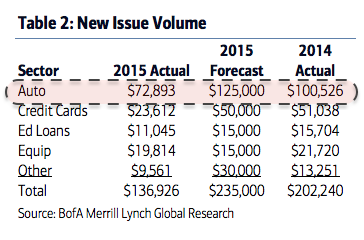Corporate titleTypically, senior managers are “higher” than vice presidents, although many times a senior officer may also hold a vice president title, such as executive vice president and chief financial officer (CFO). The board of directors is technically not part of management itself, although its chairman may be considered part of the corporate office if he or she is an executive chairman. At the top of the hierarchy of accounting positions is a chief financial officer or a vice president of accounting or finance. This person is responsible for evaluating your company’s past financial information and sharing it with you, your senior management, and other important members of your team, such as stockholders and investors. The CFO must also accurately present information about your company’s current financial status, so that you can decide how much debt and equity your business has generated.
What is a Controller?
The next level, which are not executive positions, is middle management and may be called “vice presidents”, “directors” or “managers”, depending on the size and required managerial depth of the company. Controllers are financial managers who are involved with overseeing the work done by staff in a company’s finance department. While it’s possible to enter this field with a bachelor’s degree and experience in a related field, such as accounting, some employers may prefer applicants who have a master’s degree. With experience as a controller they can opt to pursue work as a chief financial officer. Attention to detail is important since they spend a lot of time reviewing reports to ensure they’re accurate, and controllers must be aware of all regulations and laws that must be adhered to.
Related Articles
As the Chief Accounting Officer of an organization, the controller, often called a comptroller, is also responsible for complying with tax laws and government reporting requirements. Non-profit corporations’ governing board members may be called directors like most for-profit corporations, or an alternative like trustees, governors, etc. The Certified Public Accountant (CPA) credential is commonly required for CONTROLLER positions.
Determine the Value of a Controller vs CFO
Bachelor’s degrees in these areas provide individuals with a strong business and financial background, and the ability to make sound decisions in the field. Many programs involve instruction in economics, managerial accounting, business law, financial management, human resources, international business, budget analysis, and taxation. A lot of programs include internship and externship opportunities to provide students with the ability to gain hands-on experience in the field.

Articles

The highest-level executives in senior management usually have titles beginning with “chief” and ending with “officer”, forming what is often called the C-Suite or CxO, where “x” is a variable that could be any functional area; not to be confused with CXO. A CONTROLLER is a valuable employee to nearly all businesses and organizations. These individuals are responsible for the financial reporting and related tasks, including evaluating expenses and analyzing the entity’s financial position under specific regulatory guidelines. CONTROLLERS also manage other employees in accounting and auditing departments.They typically work regular daytime hours, although overtime is a common requirement. The easiest way to distinguish between an accountant and a controller is to understand what each does in the accounting department. Basically speaking, an accountant is in charge of preparing financial reports and analyzing how the company is performing financially. A controller on the other hand, is in charge of the accounting department and will oversee the production of financial reports as well as control the company’s cash flow. Controllers are in charge of money and accountants, and accountants are responsible for keeping tabs on where the money is going.
Controller in the United States
What is the role of comptroller?
A comptroller is a management-level position responsible for supervising the quality of accounting and financial reporting of an organization. In business management, the comptroller is closer to a chief audit executive, holding a senior role in internal audit functions.
- Typically, senior managers are “higher” than vice presidents, although many times a senior officer may also hold a vice president title, such as executive vice president and chief financial officer (CFO).
- The board of directors is technically not part of management itself, although its chairman may be considered part of the corporate office if he or she is an executive chairman.
- At the top of the hierarchy of accounting positions is a chief financial officer or a vice president of accounting or finance.
Both the controller and comptroller positions report to the chief financial officer (CFO) position, if such a position exists. If there is no CFO (as may be the case in a smaller organization), then these positions report instead to the president or chief executive officer. A controller, sometimes known as a director, is an important position in the accounting job titles hierarchy because this person is responsible for creating financial reports that give a thumbnail sketch of your existing financial position. When you order an independent audit, a controller is also responsible for helping to gather the documents and numbers that are included in an annual report.Those interested in pursuing a career as a CONTROLLER often inquire about the educational and professional requirements. The primary requirements include a minimum of bachelor’s degree, finance experience, licensure and certification, and personal abilities. The comptroller title may be considered to represent a slightly more senior-level management position than the controller title. However, this does not mean that there would be a controller position that reports to a comptroller.Typically, a controller reports to the CFO or vice president of finance but is given wide latitude to autonomously manage a number of important accounting activities. Although a controller doesn’t wield the same level of authority as a CFO, this person is actually more involved in the daily accounting operations of your company, which is why it’s a key position in the accounting job titles hierarchy. Their duties can involve overseeing accountants or other professionals who work in the financial department of their company.These professionals should have a combination of organizational and analytical skills and must pay close attention to details so that they ensure all reports are accurate and complete. To pursue advancement opportunities it may be necessary to have a master’s degree in a field such as accounting or business administration. Controllers commonly work for manufacturing companies, government agencies, or financial institutions.
What is difference between controller and comptroller?
The controller and comptroller titles refer to the same position, which is the person responsible for all accounting operations of a business. The controller title is more frequently found in for-profit businesses, while the comptroller title is more commonly found in governmental and non-profit organizations.Requirements for a CPA differ by state, but majority require a minimum of 150 semester hours of undergraduate education, which is usually around 30 credits more than a bachelor’s degree. Additionally, those wanting to take the examination need at least one year of experience in accounting.
AccountingTools
Some employers prefer a master’s degree in business administration or similar field. A master’s degree in this area provide complex instruction in financial strategy and helps individuals develop strong leadership skills. A controller is an individual who has responsibility for all accounting-related activities, including high-level accounting, managerial accounting, and finance activities, within a company.
Controller

The CPA examination contains four sections, including business environment and concepts, auditing and attestation, regulation, and financial accounting and reporting. Many CONTROLLERS also pursue voluntary certifications, including Chartered Financial Analyst (CFA) and Certified Management Accountant (CMA). To maintain CPA licensure and related certifications, CONTROLLERS are typically required to complete continuing education. In general, at least a bachelor’s degree in finance, business administration, accounting, or related area is required for CONTROLLER positions.In the accounting job titles hierarchy, your CFO also evaluates your revenues to determine which products or services are selling well, which products are showing a downward trend, and any seasonal spikes that could be of concern in the future. In other companies, a president is a different person, and the primary duties of the two positions are defined in the company’s bylaws (or the laws of the governing legal jurisdiction).They often appear in various hierarchical layers such as executive vice president, senior vice president, associate vice president, or assistant vice president, with EVP usually considered the highest and usually reporting to the CEO or president. Many times, corporate officers such as the CFO, COO, CIO, CTO, secretary, or treasurer will concurrently hold vice president titles, commonly EVP or SVP. Vice presidents in small companies are also referred to as chiefs of a certain division, such as vice president for finance, or vice president for administration. Note that in some financial contexts, the title of vice president is actually subordinate to a director.Director – a manager of managers within an organization who is often responsible for a major business function and who sometimes reports to a vice president (note that in some financial services companies the title vice president has a different meaning). Often used with name of a functional area; finance director, director of finance, marketing director, and so on. Not to be confused with a member of the board of directors, who is also referred to as a director. This is a middle management and not an executive level position, unless it is in the banking industry. Alternatively, a manager of managers is often referred to as a “senior manager’ or as an “associate vice president”, depending upon levels of management, and industry type.
